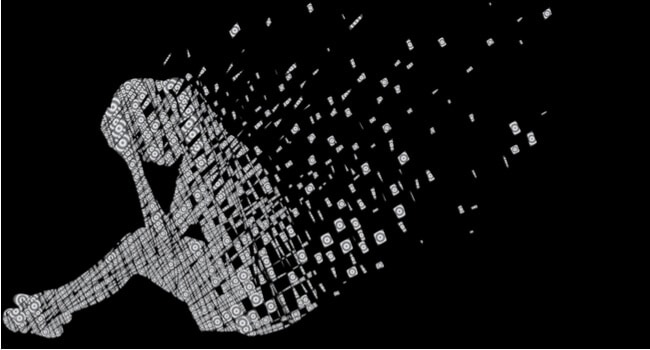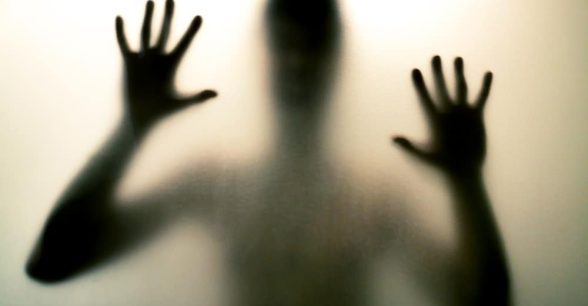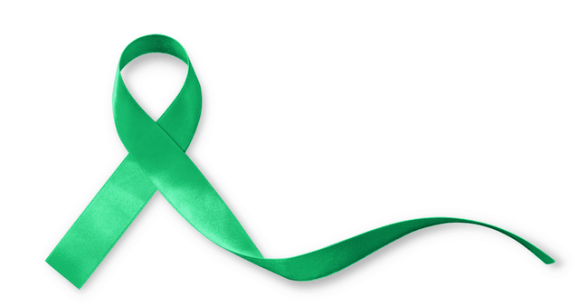Disability and the Weight of Loneliness
For people who know me in real life, what I’m about to say might sound absurd: I have felt a constant sense of crushing loneliness ever since I was ten years old. Now, I wouldn’t blame you for thinking this odd. I am an open book when it comes to my my personal issues, talking about my past pains whenever possible. I write publicly in support of social causes I care about and check in with friends often to rejuvenate my spirit. I am, by my own account and others, a sociable and likable person. And yet, despite all the time I take to stay connected with people in my life and take care of myself, I frequently find myself filled with a despair and loneliness that is hard to describe.
I remember talking to a professor years ago who told me that I needed to learn how to keep stronger armor around my spirit, otherwise I would just be baring my pain publicly for the world to take advantage of it. For the longest time, I took great offense to that because I felt like it was a judgment of my desire to talk about issues I felt ashamed of a lot of my life. I felt as though she was saying I should be quieter about my problems.
Now, with the luxury of a few more years of life experience, I find myself thinking about what she said more critically in relation to my disability and the lives of disabled people who I know. As freeing as it can feel to share your story when people connect with it, over time it feels like a demand for them to give a damn about me. It slowly turns from a moment of needed intimacy and validation to a moment of forced intimacy, a moment where I have to give people my all in order for them to give the barest recognition of the resources and care I need. This is true not just for me but for pretty much all my disabled friends, including those of color, in my life. All of us try so hard to bravely share our stories just so people will help us out and yet, after the first few instances of interest, people stop caring. It ultimately reaches a point where I and other disabled people bare our souls to a world for access to diminishing resources and human connection…and then no one answers.
That denial of human connection can feel isolating. It can lead you to question whether you have made mistakes in how you told your story. Or worse, it makes you think you have to complain less about your problems, stop talking about your continued existence as a disabled person with disability issues, and just learn to be strong the way non-disabled people are.
Because, for Black and Brown disabled communities, that’s how we have survived this far. We’ve maintained our own health, pushed forward with strong spirits even when we were faltering, and acted as though care, softness, and healing were reserved for other people and not us. The only futures we’ve looked forward to are ones of disappointment, where people require us to shrink ourselves in order to access human connections we desperately need. In this ableist context, it makes sense why I and so many other disabled people feel lonely, even when we do engage in self-care. When the whole world makes your story feel less worthwhile over time, why wouldn’t you stay quiet and be strong, even if it resigns you to a life of slow, private decay?
Except I don’t think this is all disabled existence has to offer me and other disabled people. I, like Leah Lakshmi, believe there is more to our disabled legacies than scarcity and survival and more to our futures than a cycle of perpetual, unattended grief.
If I have learned anything in connecting with disabled community, it is that we are innovative. Upholding strength, ultimately, is not what defines our life purpose, nor does it limit our potential to be something more. Because as vulnerable as disabled life can be, that vulnerability has in turn given much more than strength ever could. And, in many ways, it has let me see that my life, while heavy with the weight of internalized oppression, is a vulnerable and fragile thing…and that is okay. Fragility is okay, and is anything but lonely.
It is a space filled with legacies of resistance, of acknowledging the softness of my elders and the many healing days ahead they left for me. And, above all else, it is a space where my fellow disabled people are, slowly but surely, dreaming of better futures for us all.
About Rooted In Rights
Rooted in Rights exists to amplify the perspectives of the disability community. Blog posts and storyteller videos that we publish and content we re-share on social media do not necessarily reflect the opinions or values of Rooted in Rights nor indicate an endorsement of a program or service by Rooted in Rights. We respect and aim to reflect the diversity of opinions and experiences of the disability community. Rooted in Rights seeks to highlight discussions, not direct them. Learn more about Rooted In Rights




I really enjoyed this. I’m not a person of color, but I definitely relate to the idea of feeling like you have to give more and more of yourself over time as a disabled person. I don’t think I could have articulated it so well. Thank you. May I share this?
I do not like the word color as used to describe someone,I was led to believe the right terminology is black please don’t change the goal post as & when it suits.we are after all on an autistc forum how are our children wth ASD EVER GOING TO FIT IN WITH SOCIETY WHEN FACED WITH THIS KIND OF RETURIC